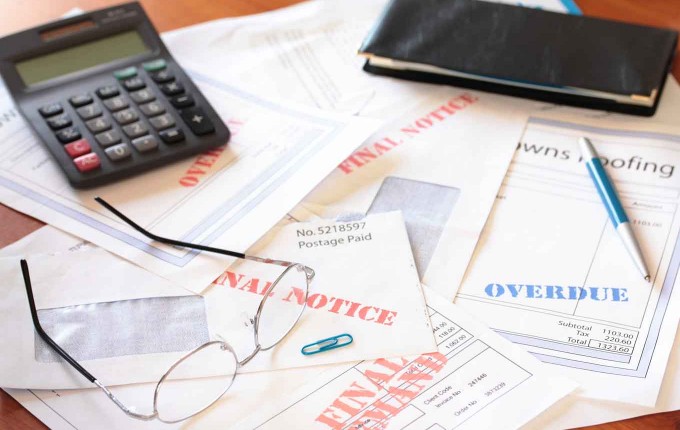Debt can be poisonous in your life. Not only will debt impact your credit score, it can also be incredibly stressful knowing that you are late on payments. If it gets to the point where you have to file for bankruptcy, your credit score will be incredibly tarnished. This is why it is important to learn how to establish good credit and keep that good credit – without going into debt. It seems like with the way that credit cards are set up, debt naturally incurs, but there are always creative ways around getting too far behind. Here is how to establish and maintain good credit without debt.

- Review your credit score and report. Your first step in establishing good credit and avoiding debt is to closely monitor your credit report. There are many applications, like Credit Sesame, that will help you build and establish credit. The truth is that you want to look out for inconsistencies or outstanding debts on your report.
- Pay back any outstanding debts. If you have any debts on your report, you want to rectify them immediately. If there are erroneous debts, you want to call the companies and resolve the issue. If you have any true debts – maybe student loans or an unpaid bill – you want to be sure that you pay back the debt. If you can’t pay back the debt, you will most likely need to set up a payment arrangement. Just coming up with agreement will help you boost your score. Ideally, though, you want to pay these debts back in full.
- Apply for low maximum lines of credit. It is true, credit cards can be daunting and it can be hard to know if you are getting the right card. Plus, what if you need a bigger maximum? If you are simply trying to build your credit, you may not need a complicated credit card with a high maximum – you may only need a low maximum. These low risk cards are purely intended for building credit. However, you want to be sure that you use your credit card wisely each month.
- Take out more than one credit card. When you are comfortable, you may want to think about taking out more than one credit card. Having more than one credit card can make your credit more robust and, over time, it will help you develop a better score. If you are starting to pay back debts, your score may already be getting higher and higher, but having backup credit cards can never hurt.
- Always pay your bill at the end of the month. Of course, at the end of every billing cycle, you want to pay your bill. If you are late on a credit card bill, you may be dealing with some serious issues. One of the biggest issues has to do with mounting interest rates. The last thing you want is to have a mountain of interest rates to deal with. In the end, simply paying your bill will help avoid all of this.
